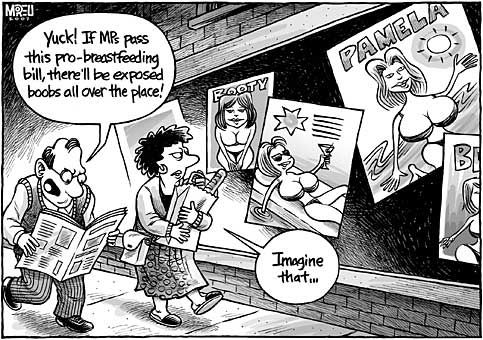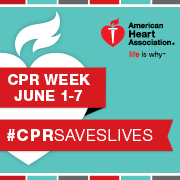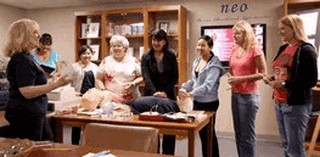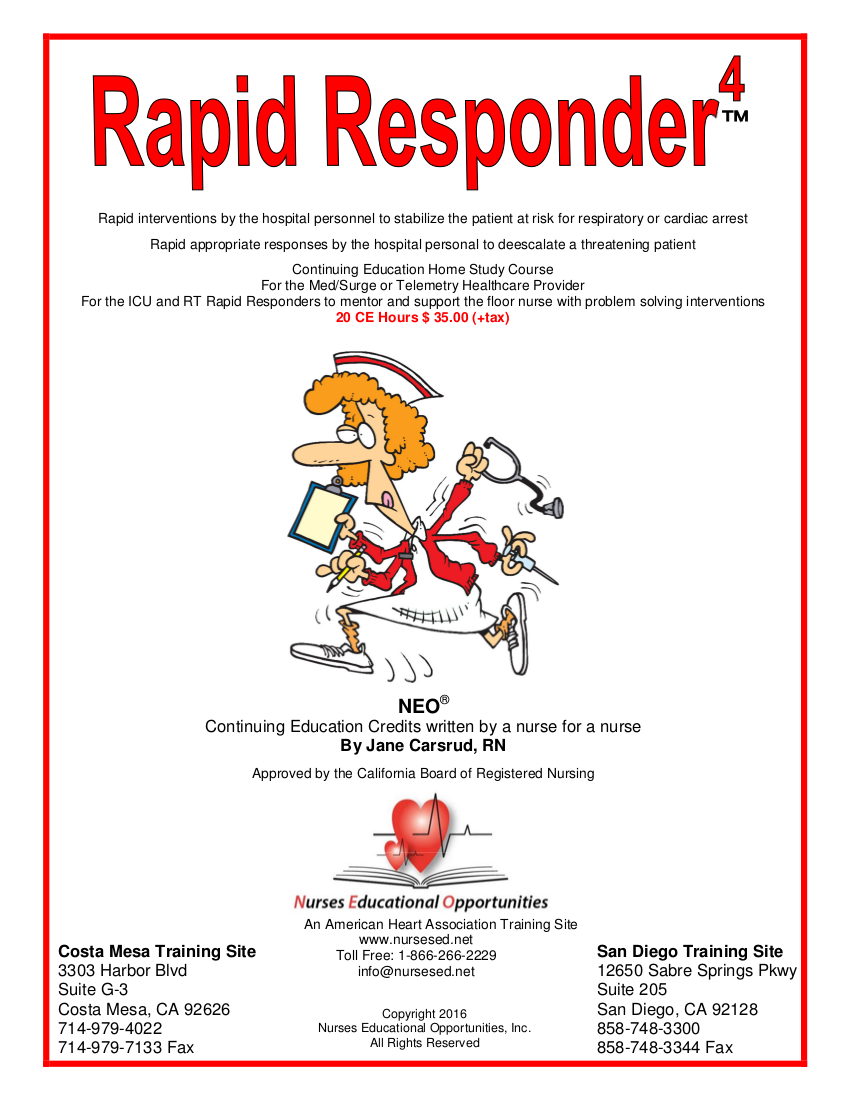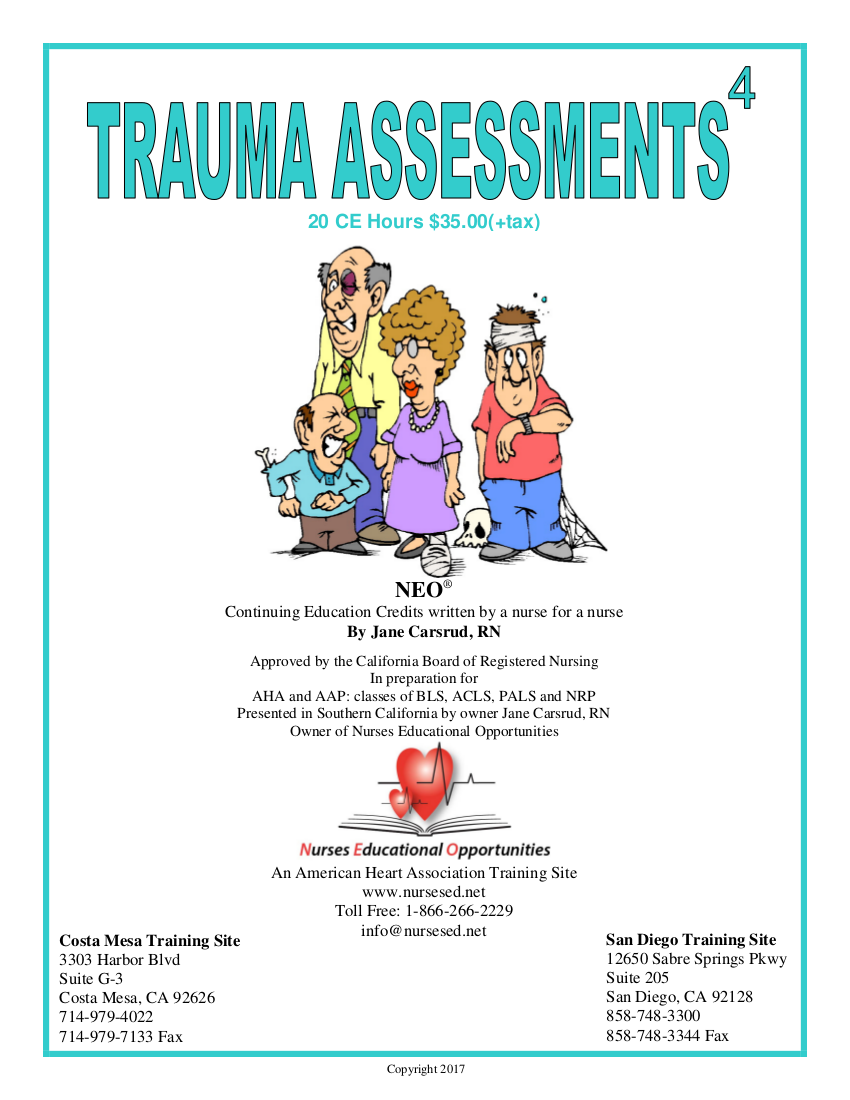
WOW – Bullying and Breastmilk
Indeed, many researchers and clinicians feel that the maternal-child attachment provides the working framework for all subsequent relationships that the child will develop. A solid and healthy attachment with a primary care giver appears to be associated with a high probability of healthy relationships with others while poor attachment with the mother or primary caregiver appears to be associated with a host of emotional and behavioral problems later in life.
We certainly do not see our adorable newborn as growing up and becoming a school yard bully and we certainly do not envision him or her to acquire a gun and shoot his schoolmates. So why do some children have empathy for others and why do some children have no empathy for others?
It may begin at birth. Does the infant have that initial attachment and bonding and does that infant further gain attachment capacities and further learns how to self-regulate (controlling oneself to respond automatically)? As a caregiver you must understand this important first step in childhood development.
As a mother or father we have certain dreams for our new infant. What are some of the dreams did you have for your child? Perhaps you wanted them to grow up to be an astronaut. Maybe you wanted your child to be a doctor, president of the U.S., a football player, a basketball player, or the golf champion of the US Open. Whatever it was that you hoped for it was always lofty and successful. You wanted everyone to know your son or daughter. You wanted him or her to be famous.
Rarely, we have mothers or fathers wanting their child to grow up to be the meanest, toughest kid of the school yard. Rarely, we here mothers or fathers wanting their child to grow up to acquire a gun, take it to school and shoot fellow students and teachers. Rarely, we here mothers and fathers wanting their child to be controlling and abusive to their spouse or children.
WOW
In today’s world we have more and more school yard bulling. Every school has at least one bully that convinces others to ally with him or her to make life absolutely unlivable for one unfortunate student. That unfortunate student becomes so threatened that often he or she will resort to suicide. Is that what we want our children to grow up to be? Why does this child have no regard for the feelings of others?
Children that have been abused or lived in an abusive environment acquire lack of empathy and poor impulse control. The ability to emotionally “understand” the impact of their behavior on others is impaired in these children. They really do not understand or feel what it is like. They really do not understand or feel what it is like for others when they do or say something hurtful. Indeed these children often feel compelled to lash out and hurt others – most typically something less powerful than they are. They will hurt animals, smaller children, peers and siblings. One of the most disturbing elements of this aggression is that it often is accompanied by a detached, cold lack of empathy. The may show regret but not remorse when confronted about their aggressive or cruel behaviors.
WOW
These children model adult behavior – even if it abusive. They learn abusive behavior is the “right” way to interact with others. As you can see, this potentially causes problems in their social interaction with adults and other children.
The majority of attachment problems are likely due to parental ignorance about development rather than abuse. Many parents have not been educated about the critical nature of the experiences of the first three years of life. Currently, this ignorance is so widespread that it is estimated that 1 in 3 people has an avoidant, ambivalent, or resistance attachment with their caregiver.
WOW
